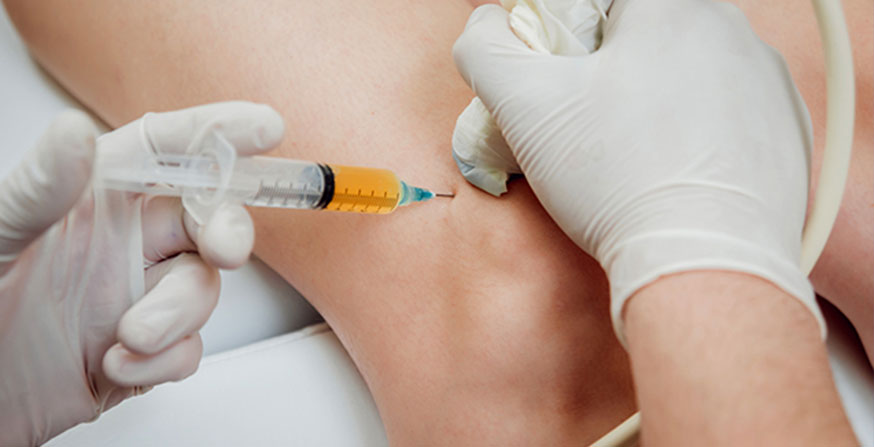Understanding Varicocele
Varicocele is a condition characterized by the enlargement of veins within the scrotum, similar to varicose veins that occur in the legs. This condition affects a significant number of men, particularly those in their reproductive years. While many men with varicocele may not experience symptoms, the condition can lead to various complications, including infertility, discomfort, and hormonal imbalances.
Symptoms of Varicocele
Recognizing the symptoms of varicocele is essential for early diagnosis and Varicocele treatment. Common signs include:
- Swelling in the scrotum: You may notice a lump or swelling, particularly when standing or during physical activities.
- Pain or discomfort: Many men experience dull pain or a feeling of heaviness in the affected testicle, especially after prolonged periods of standing or physical exertion.
- Changes in testicular size: There may be a noticeable difference in size between the affected testicle and the other one.
- Reduced fertility: Varicocele is often linked to reduced sperm production and quality, making it a potential cause of infertility.
If you are experiencing any of these symptoms, it is crucial to consult with a healthcare professional for an accurate diagnosis and effective treatment.
Causes of Varicocele
The exact cause of varicocele remains unclear, but several factors contribute to its development. The most common causes include:
- Valve malfunction: The veins in the scrotum contain valves that prevent blood from flowing backward. If these valves fail, blood can pool in the veins, leading to enlargement.
- Anatomical factors: Variations in the anatomical structure of the veins can increase the risk of developing a varicocele.
- Hormonal changes: Hormonal imbalances may play a role in the development of varicocele.
Understanding these causes can help in developing preventive strategies and selecting appropriate treatment options.
Importance of Varicocele Treatment
Varicocele treatment is essential for several reasons:
- Infertility: Varicocele is a leading cause of male infertility, affecting sperm production and quality. Treating the condition can improve fertility chances.
- Pain Relief: For those experiencing discomfort, effective treatment can alleviate pain and improve quality of life.
- Hormonal Balance: Varicocele may impact testosterone levels, leading to hormonal imbalances. Treating the condition can help restore normal hormone levels.
- Psychological Well-being: Addressing varicocele can have positive effects on mental health by alleviating concerns about fertility and physical discomfort.
Varicocele Treatment Options
There are several effective treatment options available for varicocele. The choice of treatment depends on the severity of the condition, symptoms, and overall health of the patient. Here are some common approaches:
1. Observation
In cases where the varicocele is asymptomatic and not affecting fertility, a “watchful waiting” approach may be recommended. Regular check-ups can help monitor the condition, allowing for timely intervention if symptoms worsen.
2. Medications
While no specific medications can cure varicocele, pain relievers and anti-inflammatory drugs can help manage discomfort associated with the condition. Your healthcare provider may recommend over-the-counter pain relief options or prescribe medications tailored to your needs.
3. Surgical Treatments
Surgery is often considered when varicocele causes significant symptoms or infertility. Common surgical options include:
- Varicocelectomy: This surgical procedure involves the ligation of the affected veins to redirect blood flow to healthier veins. It is often performed as an outpatient procedure, allowing for quick recovery.
- Microsurgical Techniques: Advanced surgical techniques using a microscope allow for greater precision and minimize damage to surrounding tissues. These methods typically result in lower recurrence rates and shorter recovery times.
4. Varicocele Embolization
One of the most effective and minimally invasive treatments for varicocele is embolization. This procedure involves blocking the affected veins to redirect blood flow. Here’s how it works:
- Consultation and Imaging: Initially, a healthcare professional will perform an ultrasound or other imaging tests to confirm the diagnosis.
- Procedure: During embolization, a catheter is inserted into a vein, usually in the groin or wrist. Contrast dye is injected to visualize the veins, and small coils or agents are placed to block blood flow to the enlarged veins.
- Recovery: Embolization typically requires minimal downtime, and most patients can resume normal activities within a few days.
Flowcare specializes in varicocele embolization, offering patients a safe and effective alternative to traditional surgery. The procedure is performed by experienced interventional radiologists who ensure optimal results with minimal discomfort.
Post-Treatment Care
Regardless of the treatment option chosen, post-treatment care is vital for optimal recovery. Patients should follow their healthcare provider’s recommendations, which may include:
- Rest and Activity Modification: Avoid strenuous activities and heavy lifting for a specified period after treatment.
- Pain Management: Over-the-counter pain relievers can help manage any discomfort during recovery.
- Follow-Up Appointments: Regular follow-ups allow for monitoring of recovery and detection of any potential complications.
Conclusion
Understanding varicocele and its treatment options is crucial for maintaining men’s health and well-being. If you are experiencing symptoms or have concerns about varicocele, don’t hesitate to seek medical advice. Flowcare is committed to providing comprehensive care for varicocele, ensuring effective treatment tailored to each patient’s needs. With various options available, including varicocele embolization, you can find the right solution for your health. Prioritize your health today by consulting with the experts at Flowcare.


